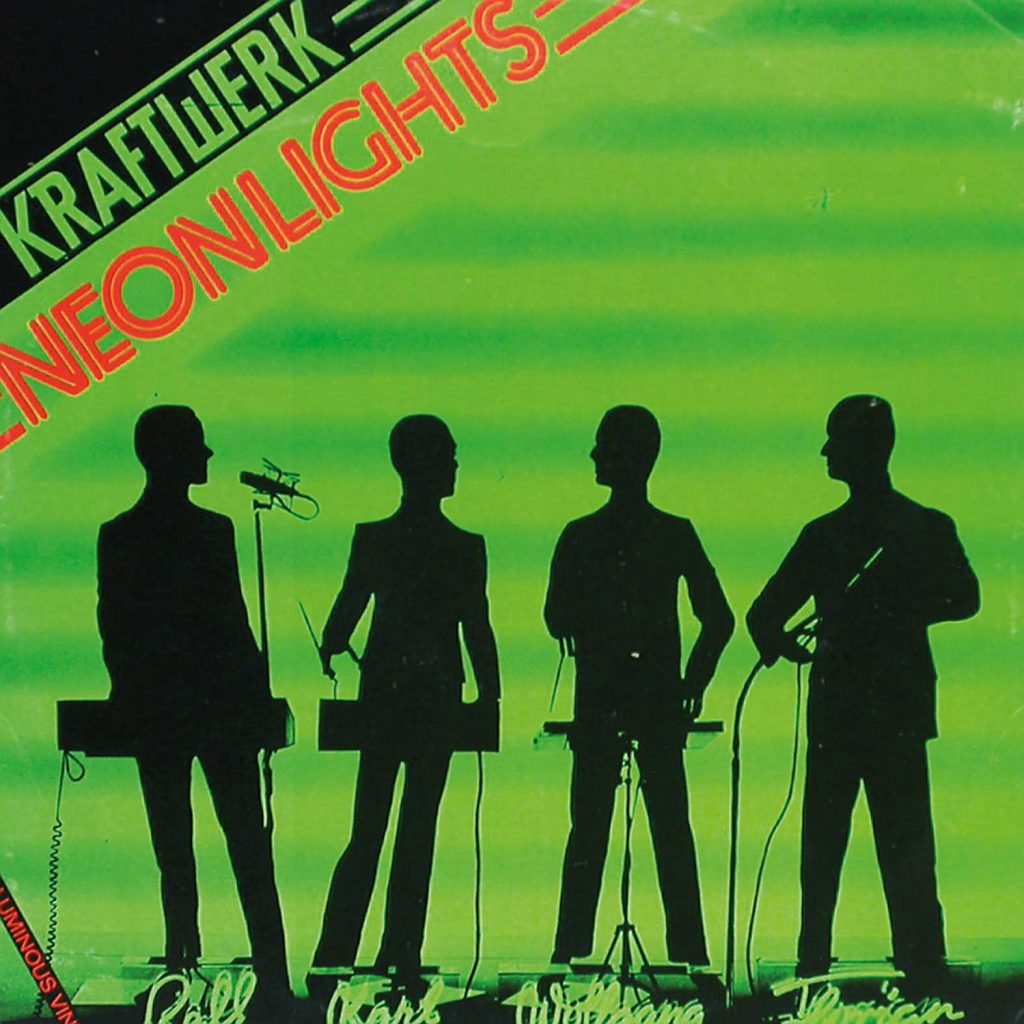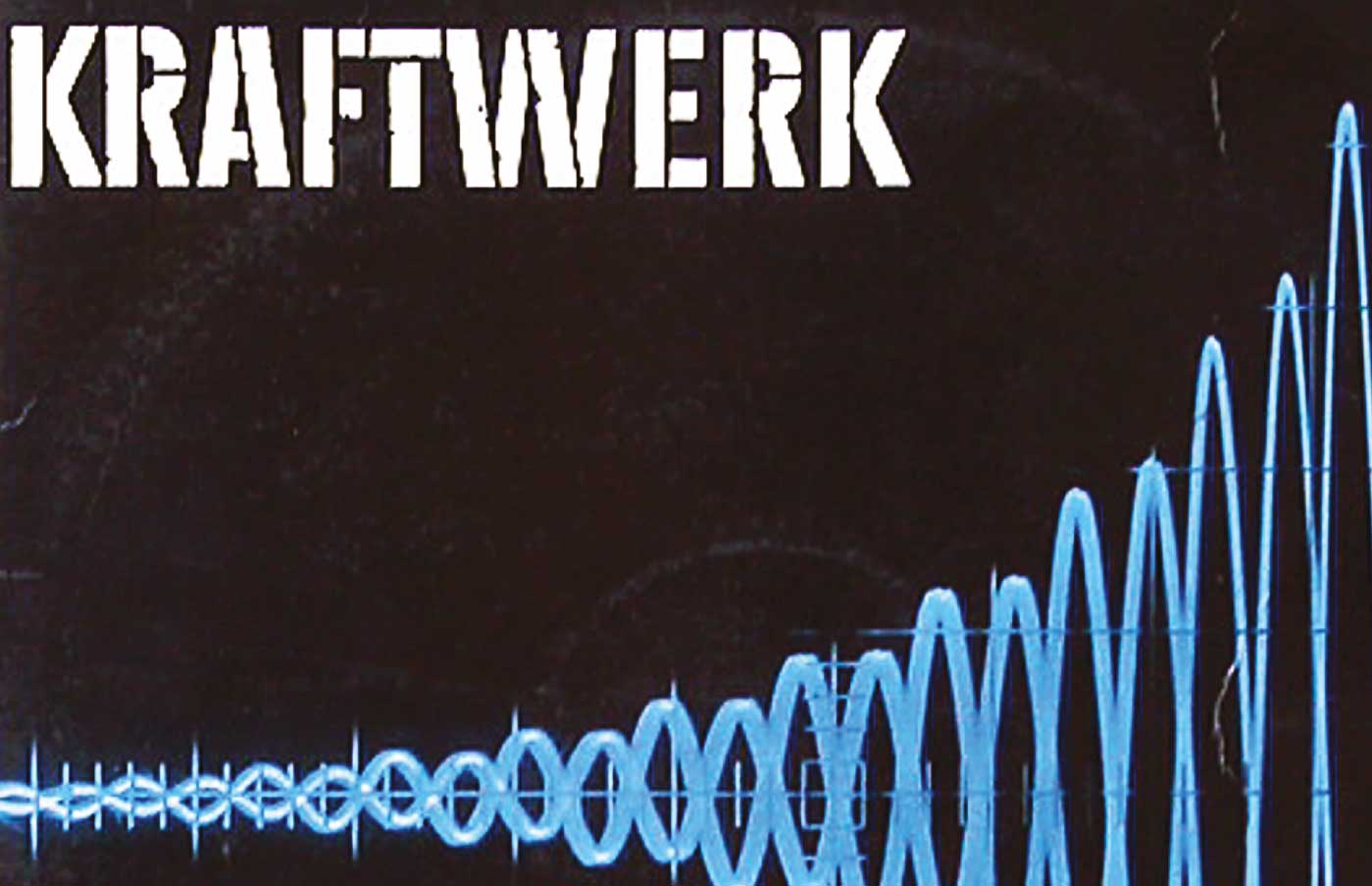English Version
Kraftwerk (‘Power Station’) are essentially Ralf Hütter and Florian Schneider-Essleben, both of whom came from well-to-do families. Rather than having to struggle to survive, they could afford to kit out their famous Kling-Klang studio with first-class equipment. In 1969, under the name of Organisation, they made the album “Tone-Float”, which was only released in Great Britain, by RCA, and which is a collector’s item nowadays.
This was followed in 1970 by the first album under the name of Kraftwerk, made with the assistance of Klaus Dinger and Andreas Hohmann: the famous “Hütchenalbum” on Philips. The track “Ruck-Zuck” will be remembered by some people as the theme tune to the ZDF political magazine “Kennzeichen D”. The album sold about 50,000 copies, and Kraftwerk topped a number of music polls at the end of 1971. Gradually, the Trans-Europe Express began to roll.
They really hit the jackpot in 1974 with the Album “Autobahn”, and its famous title track. Between then and 1986, Hütter and Schneider-Essleben developed and refined their robot-pop on a number of albums, with various colleagues – including Michael Rother and Klaus Dinger, and later Wolfgang Flur and Carl Bartos. Then there was a creative pause until 2003, interrupted only by various remixes, and a commissioned performance at the Expo 2000, which lasted for only a few seconds.

The band was a source of inspiration for countless other artists, including David Bowie, Depeche Mode, OMD, Ultravox and Front 242, to name but a few. Kraftwerk’s music also left clear traces in the development of rap and techno music. George Clinton (of Funkadelic and Parliament) sat with his entire entourage in the front row of a Kraftwerk concert in Detroit! Kraftwerk are known today as innovators and pioneers of techno sounds.
Kraftwerk’s incredible influence on American rap and the newly emerging techno scene was commented upon by Mike Banks in an interview for Wire Magazine in 2007: “But I think Kraftwerk were great pioneers in the beginning and now they act as great inspirations, because I’ve seen them play live many, many times but I’ve never heard anyone talk about their age. To their credit, I always say great things about them, because in the early days, I never heard anybody say anything about their race. They weren’t Germans, they weren’t white, in fact we thought they were robots. For the longest, we thought they were robots. We had no idea they were human beings till we saw their show. They played in Nitro’s in Detroit way back in the day.” Respect, Kraftwerk! UK 01-2021

